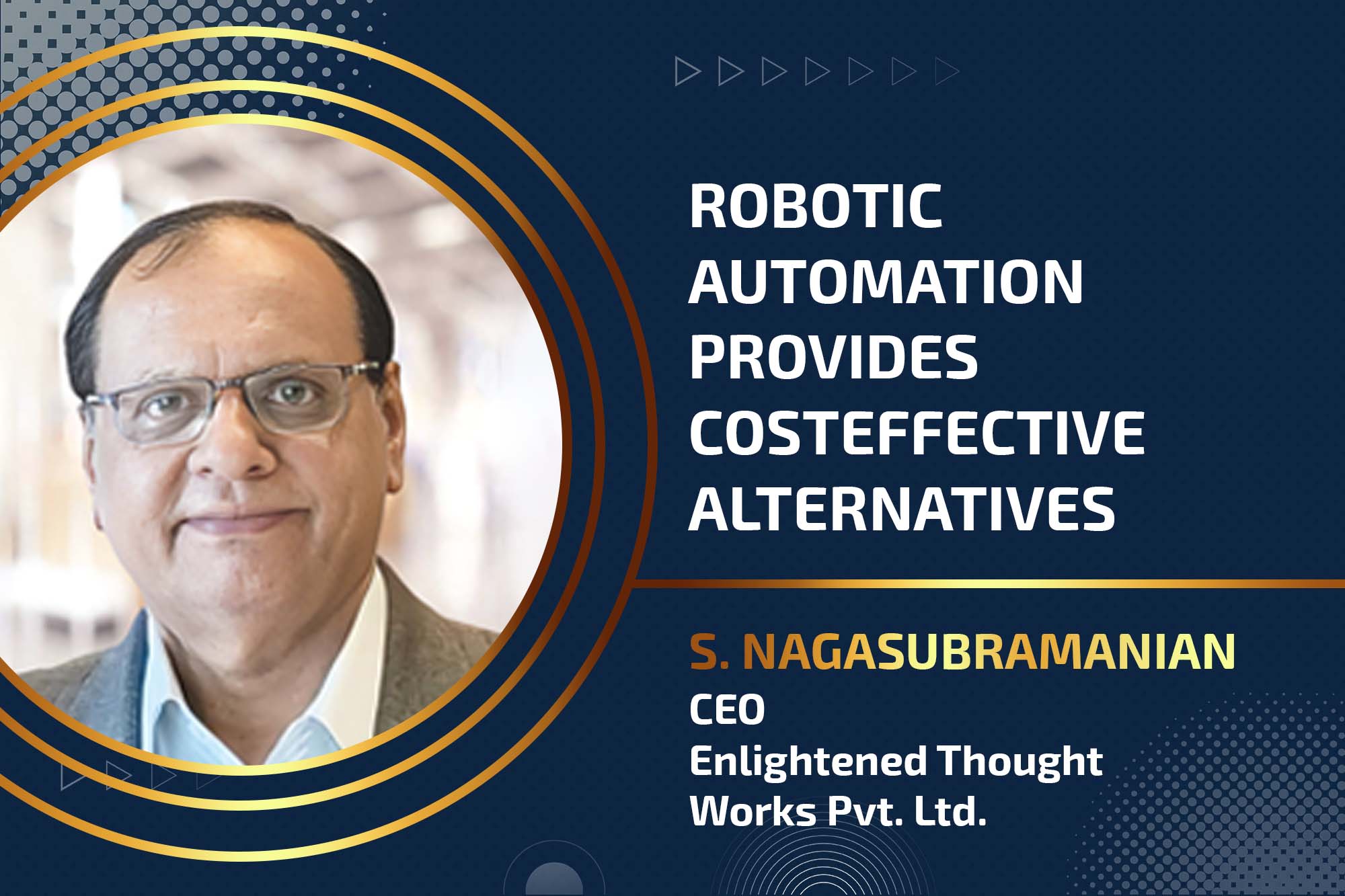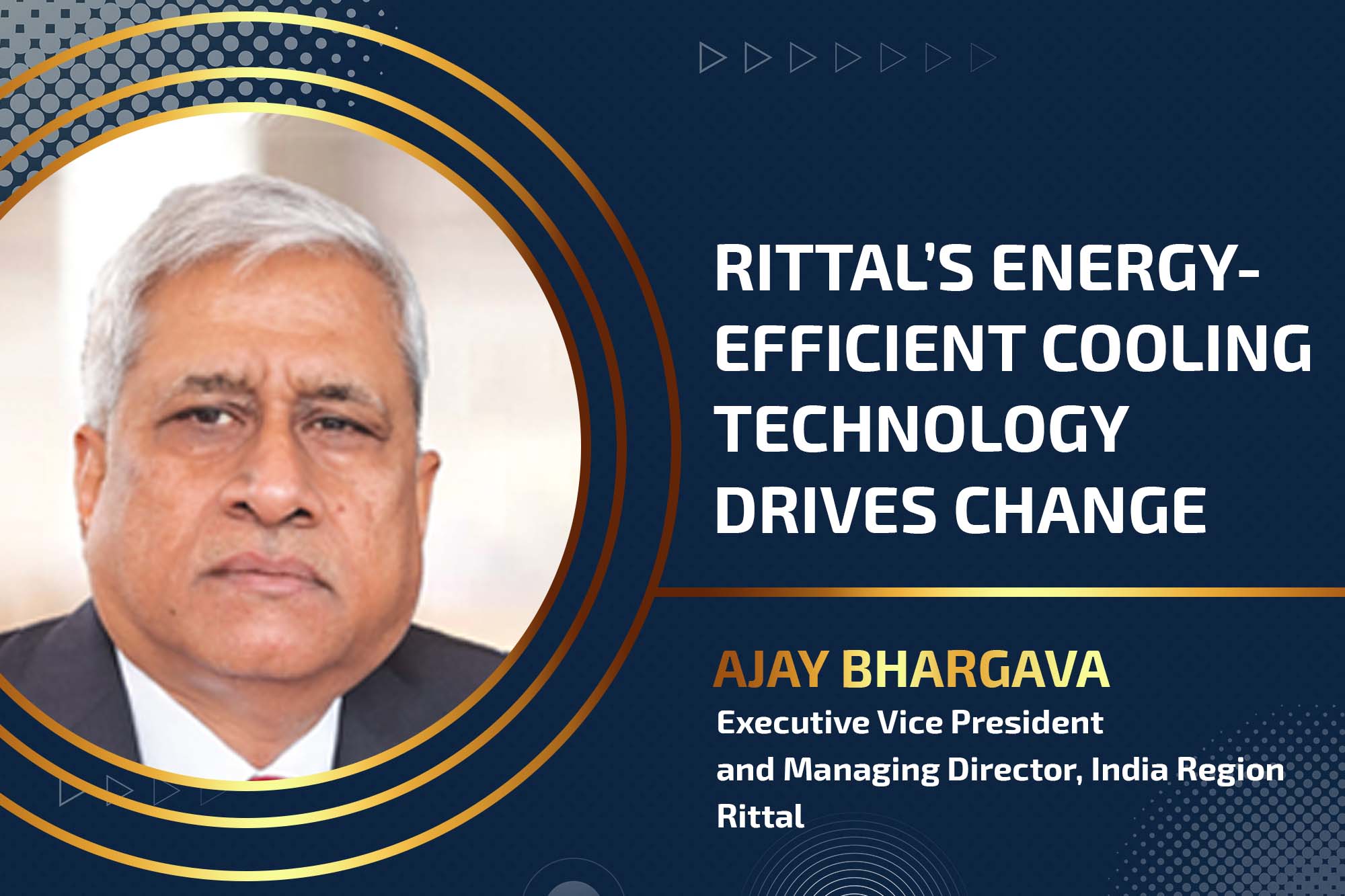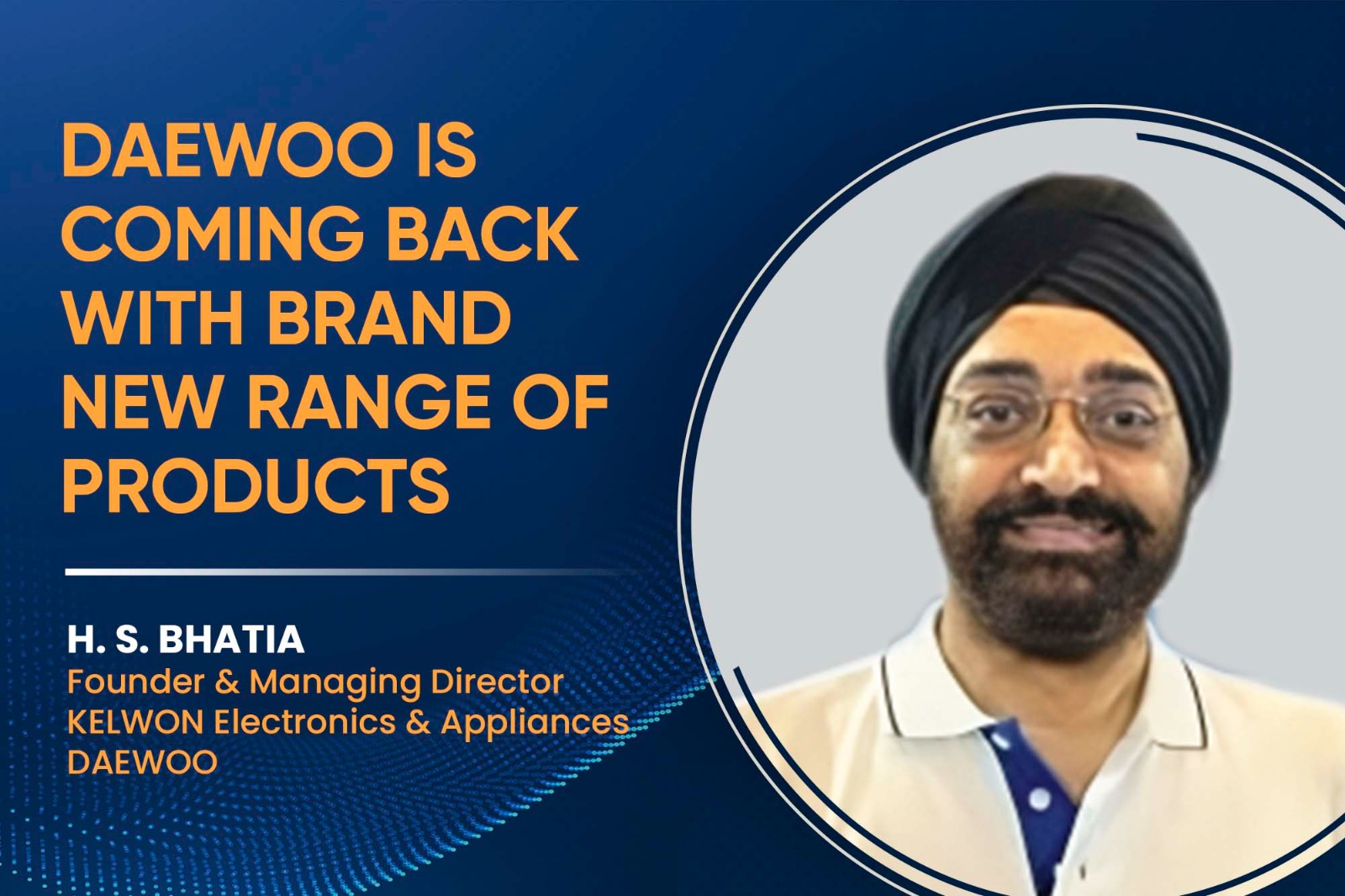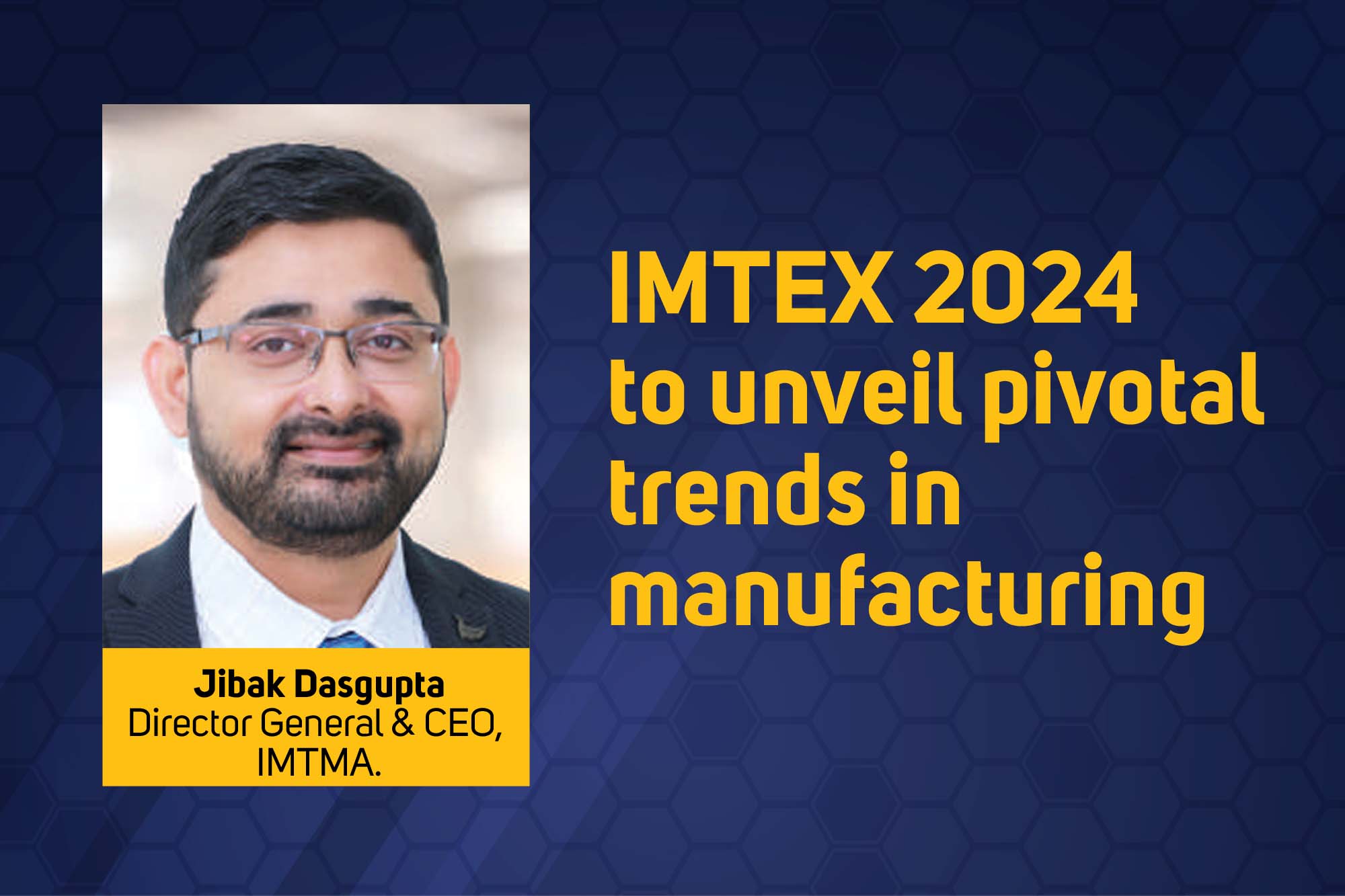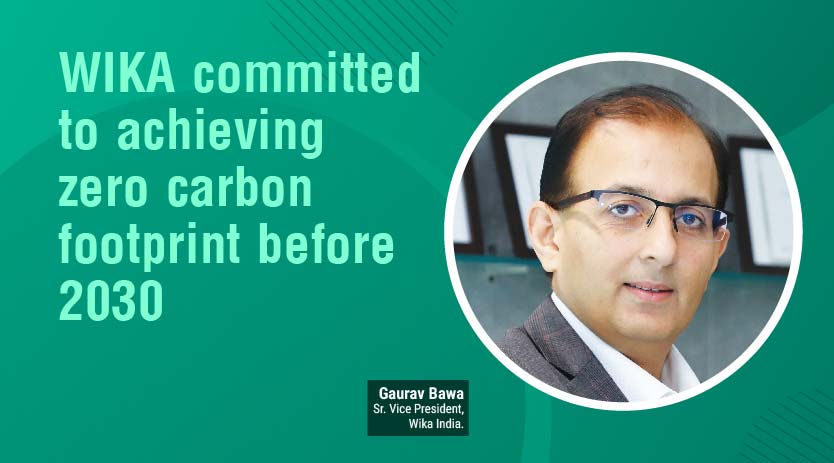PC based machine control: A step closer to shop floor computerisation
By OEM Update Editorial October 8, 2018 3:08 pm IST
First step towards industry 4.0 is to invest in automation technology
Ajey Phatak, Marketing Manager, Beckhoff Automation Pvt Ltd
Implementation of automation technology has been a boon for several industries, with more and more companies turning towards automation of manufacturing units for increasing productivity. Ajey Phatak, Marketing Manager of Beckhoff Automation Pvt Ltd, shares his views about industrial automation at the Automation Expo 2018.
Please walk us through your participation in Automation Expo 2018.
We highlighted PC-based control for machine and factory automation which is the technological foundation for implementing Industry 4.0.
Apart from that, our aim was to promote and enable Indian manufacturers with clear understanding of the benefits of this open automation technology for innovation and apply them in manufacturing automation.
Industry 4.0 can increase the plant OEE and make the business more competitive. Automation is the prerequisite for IoT and once the importance of PC-based automation technology is understood, it would be very easy to implement industry 4.0 enabling the businesses become more competitive, efficient and profitable. This investment in technology was stressed upon during the interactions with end user manufacturers.
IoT and automation technology cannot be separated from each other. If people are not willing to implement automation due to the investment outlay or for any other reason, they can never implement IoT. Technology is changing at very fast pace and business can become irrelevant if these technologies of tomorrow are not implemented by them quickly.
This exhibition was a good platform for us to reach out to our potential customers, machine builders and system integrators. The event also enabled us to make contacts with technologically conscious industry professionals.
Tell something about PC-based control technology.
PC-based control is an open platform. It gives you the freedom to think. If you have an idea for automation or creating a new machine, you can build or create your own control system and automation programme, and build solutions. You can customise anything as far as you know how to create.
Beckhoff implements open automation systems based on PC control technology. The product range covers Industrial PCs, I/O and fieldbus components, drive technology and automation software. Products that can be used as separate components or integrated into a complete and seamless control system are available for all industries. The Beckhoff “New Automation Technology” philosophy represents universal and open control and automation solutions that are used worldwide in a wide variety of different applications, ranging from CNC-controlled machine tools to intelligent building automation.
How do you evaluate the growth of Beckhoff in India?
For us, growth is obvious as we deal with technology products and solutions for Industry. Our international clients, having manufacturing base in India, already use our products as they originate from EU or US or other developed nations.But, for us, the local customers are a priority and we have been successfully promoting PC-based Control technology to machine builders in past decade. Our growth is 12-15 per cent year over year basis. We had a successful decade of operations starting with strength of two since 2007 to around 70 in 2018.
Do you compete in the market in terms of pricing?
No! We don’t compete based on pricing but we work upward on value chain. Technology and control system optimisation lowers engineering cost. Lesser wastages and high quality output are the value additions that manufacturers benefit from, which leads to profits, and price becomes very competitive. This does not imply we are un-accommodative and inflexible towards customer. Technology linked performance output always fetches good value.
Yes, the Indian buyers have price centric mind-set and have trust deficit towards local machine vendors. Age old prejudices about the machine purchase and services have also set wrong expectations from vendors. This is a serious challenge in India affecting our reputation.
Indian buyers are willing to pay a premium to European manufacturers because of trustworthy companies and very high quality performance standards, but same is not true for an Indian manufacturer.
What do you think about the role of automation in Industry 4.0?
Industry 4.0 and automation are two faces of the technology. Without their integration one cannot achieve higher performance. First step is to invest in automation. Even today, majority of the factories are not even computerised. Computerisation must be the first step towards automation. I mean computerisation of machines and plant on shop floor not only business process automation like ERP/ SAP / MES etc.
IoT should be implemented in stages and the first step is computerisation. Second stage is connectivity, and the third is data analytics. The IoT platform is the logical path further.
Any hurdles that you have come across?
Few striking concerns in this regards are:
• Industry is not ambitious enough to innovate for value addition by implementing technology and automation for end user’s benefit.
• Availability of competent engineers to handle and manage high technology automation is a challenge.
• Foreseeing the future trends , dedicated R&D efforts should be planned
• Likewise absence of fund allocation for investment in Manufacturing facilities.
Cookie Consent
We use cookies to personalize your experience. By continuing to visit this website you agree to our Terms & Conditions, Privacy Policy and Cookie Policy.




